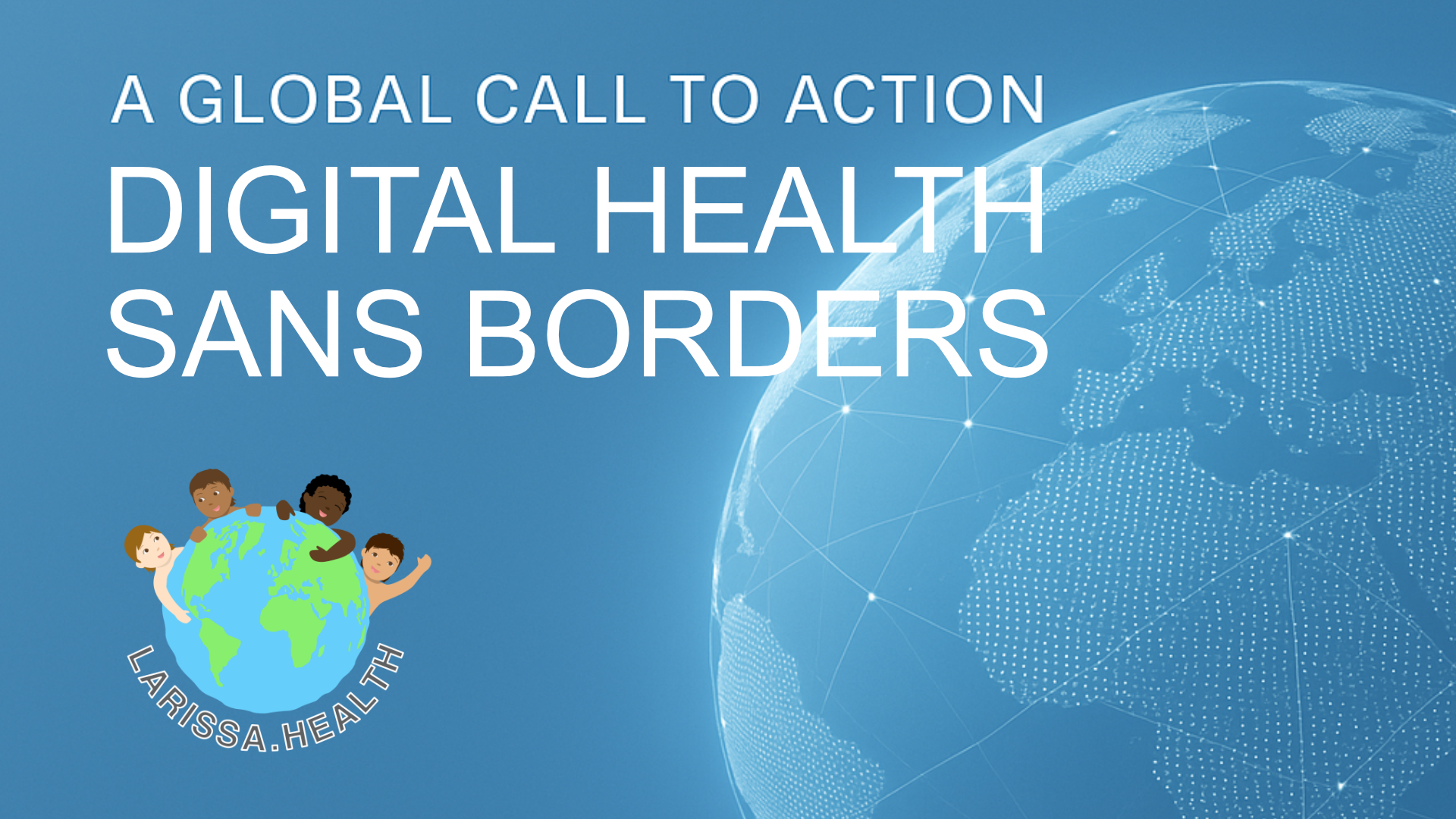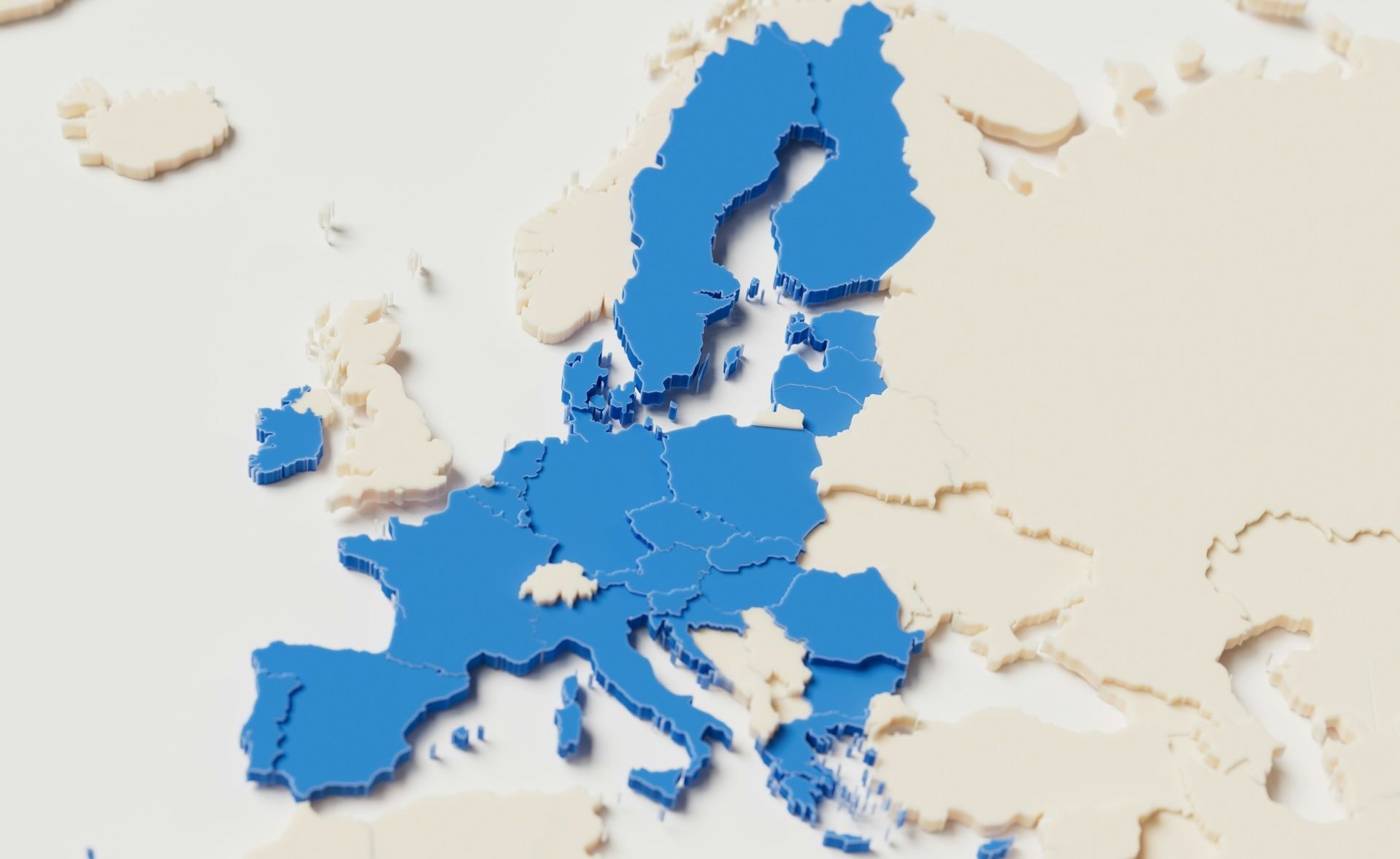Germany's EUDI Wallet for Digital IDs
Germany develops a digital identity wallet for smartphones, enabling secure, simple identification across the EU, available by 2027. Free and inclusive.
The development of the European Digital Identity Wallet (EUDI Wallet) in Germany has made significant progress since its announcement in September 2024. The federal government is on track to offer this state-run digital wallet, which will enable citizens to digitally identify themselves across the European Union via their smartphones. By 2027, the EUDI Wallet will be fully operational, allowing users to store, present, and sign identity data and official documents, eliminating the need for physical ID cards or readers. The initiative ensures the highest security standards while promoting digital inclusion, offering the service free of charge to ensure accessibility for all.

The EUDI Wallet project is being implemented in accordance with the revised European eIDAS regulation, passed by the European Parliament in February 2024, which requires all EU member states to offer at least one EUDI Wallet by 2027. The German Federal Ministry of the Interior and Home Affairs (BMI), along with the Federal Agency for Disruptive Innovations (SPRIND) and the Federal Office for Information Security (BSI), is leading the project, which aims to provide secure and easy digital identification for a wide range of applications, from banking to government services.
An essential feature of the EUDI Wallet is its alignment with non-governmental solutions. In addition to the state-run wallet, companies, foundations, and research institutions can develop their own wallets, provided they meet the necessary regulatory standards. This approach promotes innovation and provides citizens with a choice of wallets that best meet their needs.
In keeping with the project's emphasis on transparency and public participation, an open consultation session was held on October 9, 2024. During this session, several key questions were raised regarding the role of the EUDI Wallet in the healthcare sector, as well as technical details related to identity management and security.
One notable question addressed the integration of healthcare identities, such as the GesundheitsID, into the EUDI Wallet. The response confirmed that discussions are underway with Gematik, the organization responsible for digital health infrastructure in Germany, to explore potential use cases for the EUDI Wallet within the healthcare system.
Another question focused on the issue of managing multiple devices and the process of revoking or renewing a Personal Identifier (PID) when a phone is lost, replaced, or a new ID is issued. It was clarified that there will be a mechanism for revoking the PID, with the Bundesdruckerei (Federal Printing Office) likely playing a role in managing the registry for this process.
Additionally, the consultation addressed the recovery of a PID in cases where the wallet is lost. The response highlighted the need for robust authentication methods to offer redundancy in wallet initialization. Both the German ID card and a recovery code were mentioned as viable tools for restoring access to the wallet.
The EUDI Wallet will not only simplify identification processes but also ensure the highest levels of security, particularly when it comes to revoking or recovering personal identifiers. This is crucial as citizens rely on their smartphones for increasingly sensitive digital transactions.
Germany’s approach to developing the EUDI Wallet reflects a comprehensive, forward-looking vision that prioritizes both innovation and security. The open consultation process ensures that the final product will meet the needs of its users while adhering to the strict standards set out by the eIDAS regulation.
As the project progresses, the range of functions offered by the EUDI Wallet will expand, allowing for greater flexibility and usability across various sectors, including healthcare. The federal government remains committed to digital inclusion and innovation, ensuring that both state-run and non-governmental solutions can coexist and offer a seamless digital identity experience.
The development of the European Digital Identity Wallet (EUDI Wallet) in Germany continues to evolve, with key stakeholders actively shaping its trajectory. Among those involved in the discussions is Larissa.Health, which participated in the October 9, 2024, public consultation. Larissa.Health’s contributions emphasized the relevance of secure digital identities for the healthcare sector, specifically regarding the integration of healthcare-related identifiers like the GesundheitsID.
This participation highlights Larissa.Health’s ongoing commitment to innovation in healthcare, as it works alongside the government and other stakeholders to ensure that digital identity solutions meet the evolving needs of patients and healthcare providers.
The involvement of healthcare-focused organizations like Larissa.Health adds valuable insights into how the EUDI Wallet can be adapted for use in medical contexts, further supporting its expansion into diverse sectors.
Source: BMI





